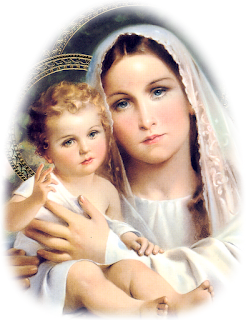Rev. Fr. Beschi's Thembavani: Description of St. Joseph's birth place

| வளன் சனித்த படலம் | |||||||||||
| |||||||||||
| |||||||||||
http://www.tamilvu.org/library/l4310/html/l4310ind.htm
Description notes:
The above two stanza's of the poem are the continuation of the
description of the glory of Jerusalem, which began from the last section. In
that previous section, the poet (Rev. Fr. Beschi) wrote about the majesty,
bravery, and the natural beauty of St. Joseph's native country. In those poems,
he used the nature and its beauty to tell the story.
I am intrigued by the details of nature depicted within those poems. Some of it may be attributable to his own birth place may be and the majority were from natural settings of the villages he served. His descriptions on nature make me to wonder and become curious about the place/s from where he wrote these poems.
Knowing the
setting from where the poet wrote these poems may add understanding to the
poems. There is no consensus from the history upon the place from where he
wrote those poems, although some say that the entire book was written from
Periyanayagi Matha Koil, Konankuppam, many may say it may have been written
from Adaikala Matha Church at Elakuruchi. I have been to both places many times
and I have paid closed attention to the natural details of those two places
from the periphery. To my understanding, some of the descriptions within the
poems are similar to the natural settings of Elakuruchi and others may be
attributable to Konankuppam. Although both places are found comparable
geographically, the natural scenes and the heritages vary in distinction. Rev.
Fr, Beschi used to walk great distances on foot through the forest, while he
traveled to minister between many viallages, including Elakuruchi and Konankuppam.
The knowledge and experiences of the beauty within those forests may have
impact in poet's description, which are vivid in his poems. The topic and the
story are about St. Joseph, who lived in Palestine. I understand, while the
poet described the glory of Palestine, he also used the natural beauty of the
villages of the places he lived and served to visualize Palestine, that adds life
and beauty to the poems.
The above writing is my shallow and simple understanding of my curious mind from the poems, which may or may not be the historical context.

Comments
Post a Comment